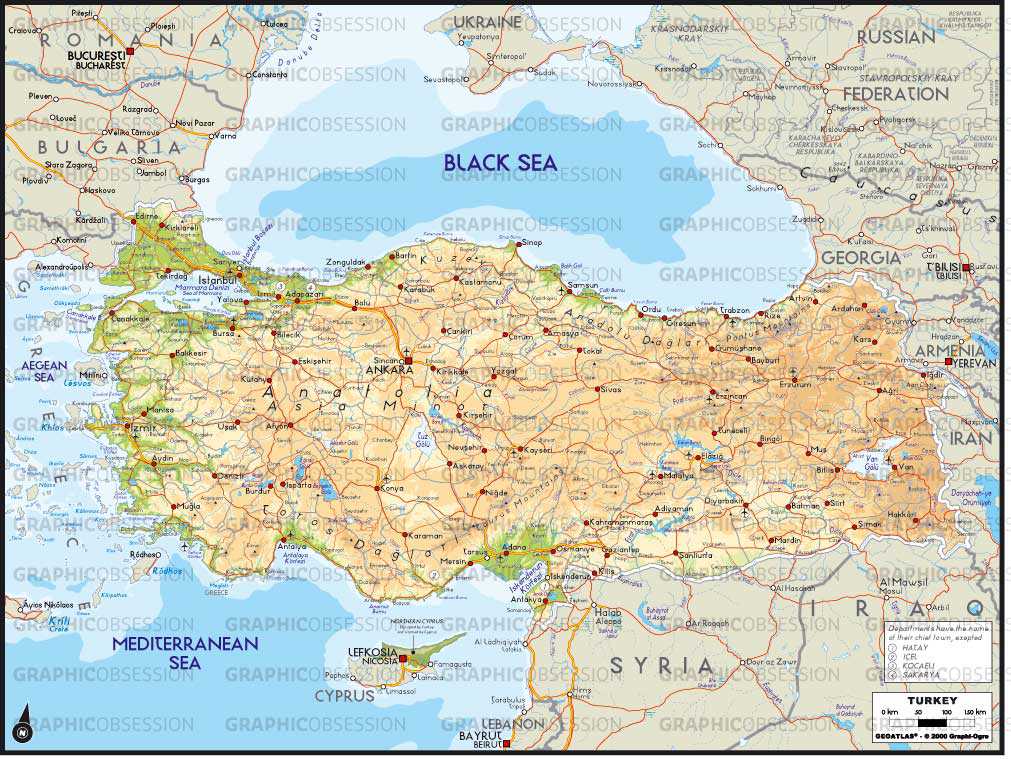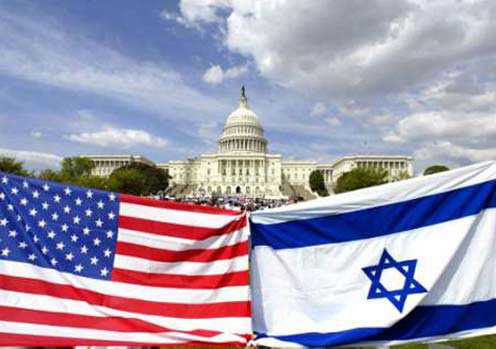The “Armenian genocide season” opened relatively early this year. Clearly the “conjuncture” is considered “uniquely ripe” by anti-Turkish activists. There are also fresh opportunities for increased cooperation against Turkey among Washington’s highly active Armenian, Kurdish, Israeli and Syriac lobbies.

In the meantime, the worsening of Turkish-Israeli ties has driven a wedge between Ankara and the Obama administration. Both sides are trying to be polite about this but the damage is showing. It is also clear that Turkey can not rely on the Republicans in Congress, as it did before, given the unquestioning support they provide to Israel.
Driven mostly by constituency considerations, Republican congressmen are said to be “out to get Turkey” this time for a host of reasons, not just to do with Israel. These naturally include the Erdoğan government’s stance on Iran and Syria, as well as its cozying up to radical groups like Hamas and Hezbollah.
Put briefly, Turkey is not considered a reliable ally anymore in the United States Congress. In the meantime it is no surprise that the Israeli lobby in America should be out to punish Turkey for its stand on the brutalizing of Palestinians by the IDF in Gaza under the guise of retaliation.
Turkey’s apparently rock-solid demand for an apology and compensation from Israel for its the murder of nine Turkish activists on the Mavi Marmara ship, on the other hand, only fuels the growing animosity towards Ankara. What obviously increases the anger of Israelis and members of the Israeli lobby is that their nemesis, namely Prime Minister Erdoğan, is so popular around the world.
It is no surprise that those contributing to Time Magazine’s “Man of the Year” poll this year should have put Erdoğan in second position after Julian Assange. (He was in fact in first position before Assange overtook him with his arrest in the United Kingdom).
The fact that Time, in what many see as a “rabbit out of the hat trick,” actually selected Facebook’s Mark Zuckerberg, who was in 10th position in the magazine’s own public poll, as “Man of the Year” does not belie Erdoğan’s international popularity.
If we go back to the Armenian issue, it is clear from the feverish activity among Armenian groups in the U.S. that they have high hopes for the passage of an Armenian genocide resolution in the U.S. Congress this time around. The advantages appear to be stacked on their behalf too.
There is nevertheless a very real possibility the “force majeure” will come into play again and prevent this happening – for the sake of “global strategic considerations” – despite all the anti-Turkish sentiment floating around in Washington. The mostly likely outcome is that the Armenians will be disappointed again.
It will, however, be a surprise for some to hear that there are quite a few people in Turkey who are rabidly anti-Israeli and anti-American, and who have little sympathy for Europe and the European Union, who actually want the genocide resolution to pass (preferably with the help of Israeli lobbies).
Their reasoning is a simple one. Such a development will spell the death knell for any hope whatsoever of a rapprochement with Israel – which they have never desired. It will also lead to the greatest crisis in Turkish-U.S. ties ever, which again will be highly welcomed by them since they see America as “the root of all evil,” which makes ties with Washington abhorrent to them anyway.
In other words, the Armenian and Israeli lobbies could be playing beautifully into the hands of those in this country who want to see Turkey move away from the West, and closer not just to the Islamic world but also to the powers currently on the ascendant, which Fareed Zakaria refers to as “The Rest,” as opposed to “The West.”
The fact Turkey is also a “rising” country makes those with anti-Western sentiments even more bullish. Firstly they believe there is nothing short of war that Armenians can do to get anything from Turkey, especially at a time when the country feels stronger and more assertive and influential in the world than at any time before.
The bottom line is that the orld is not what it was a decade or two ago. Neither, in particular, is the U.S. – nor is the West generally. New centers of political, military and economic influence are emerging fast. These provide new opportunities for Turkey, and Ankara’s reaching out to these countries is already fueling arguments about Turkey drifting away from the West.
It is also clear that Israel’s isolation will increase in such a world. It is already almost totally alone in the U.N. where it has only America’s blind support to rely on, no matter what it does. This automatically puts Turkey in a much better position internationally than Israel in terms of any cost-benefit analysis relating to foreign policy administration.
It seems that there will be much to mull over in Washington and Tel Aviv over the next weeks and month in terms of the “Turkey question.” It could be that we are heading for the kind of breakdown in ties that anti-Western elements in this country want.
But if a simple list were to be made of countries that stand to loose the most by Turkey’s drifting away from the West it might read as follows:
1- Israel
2- Armenia
3- The United States
4- The EU (although it is no country)
5- Turkey
Others may wish to change the order in the list and provide strong and convincing arguments in doing this. What appears common to all countries in the list however, is that they all stand to loose something if Turkey were to drift from he West and go with “The Rest,” that is, the majority of countries in the world.
Hurriyet Daily News







